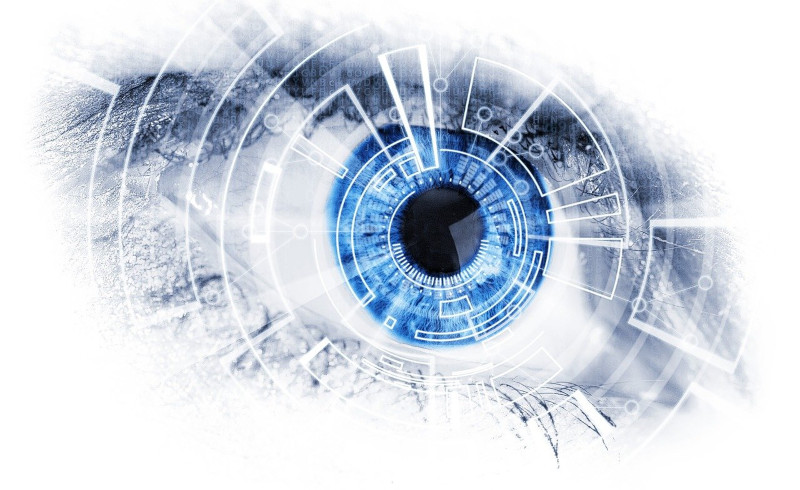
With Artificial Intelligence (AI) seemingly in the news every day, it is no surprise that developments in this area are under scrutiny. Ernst & Young partner, Saby Roy, quoted that ‘the entire world is in a discovery phase right now’, with every industry looking to branch out into AI technology in some way or another.
The financial services sector is no exception, whether it’s the use of ‘chatbots’ for consumers’ online questions, or its use to detect money laundering and potential fraud. According to UK Finance, fraud cost the UK £1.2 bn in 2022. Institutions such as Mastercard and TSB are in the process of trialling a new system designed to detect fraudulent transactions on the Faster Payments network within milliseconds. TSB have estimated that the technology could reduce push payment fraud (scam payments) by around 20%. Once established among larger players in the market, developments will likely spread more quickly to smaller institutions.
Whilst the potential benefits are becoming clearer, there are always downsides to consider. Some experts within the sector have raised concerns of the misuse of technology to make criminal transactions more effective. Earlier iterations of automated tools have also faced scrutiny over inaccurate results, with some wrongful arrests in the US following poor facial recognition technology.
Understandably, some also worry that advancing AI could push workers out of the employment pool. BT recently announced plans to lean-out its workforce between now and 2030, as they look to replace around 10,000 employees with AI.
However, history suggests that technological development will typically create jobs that no one can predict, or even understand. When we consider the role of the blacksmith in historic horse travel, it is unlikely that anyone could have foreseen the boom in car travel and, with it, car factory workers. According to the US Bureau for Labour Statistics, there were 6 times as many car factory workers than blacksmiths by 1950. Similar trends can be seen amongst train drivers Vs pilots, farmers Vs supermarket workers, and so on. Perhaps it is better to look ahead with the optimism of the car factory worker, as opposed to the pessimism of the blacksmith, or perhaps a healthy combination of both.
Overall, like most technological advances, it is likely that governance will be crucial in moving forwards with AI, ensuring that the benefits are monitored in line with the consequences, intended or otherwise.